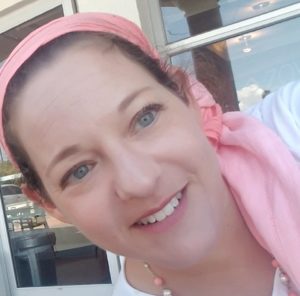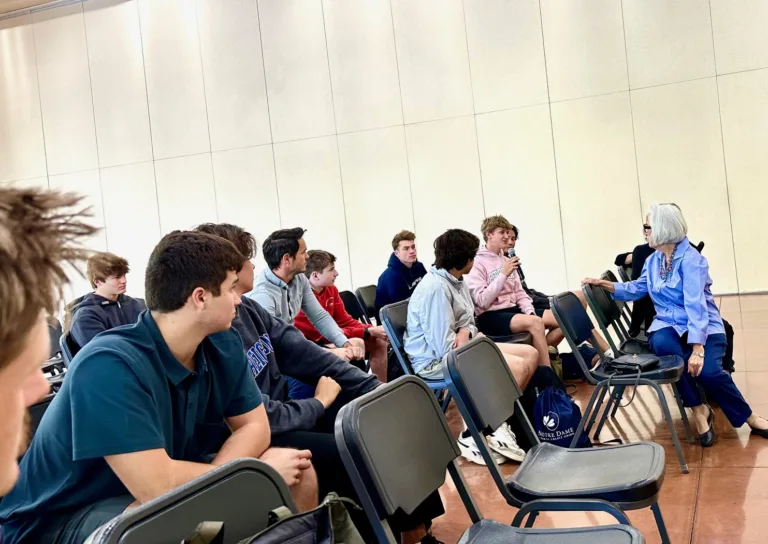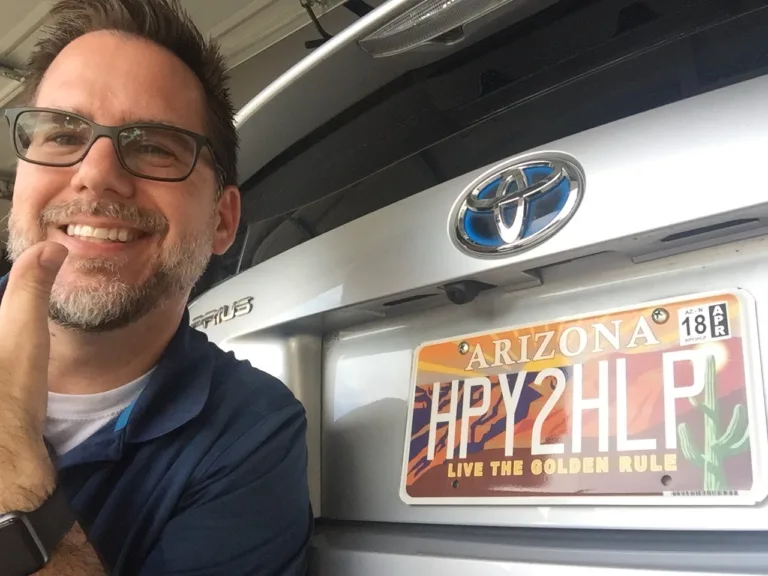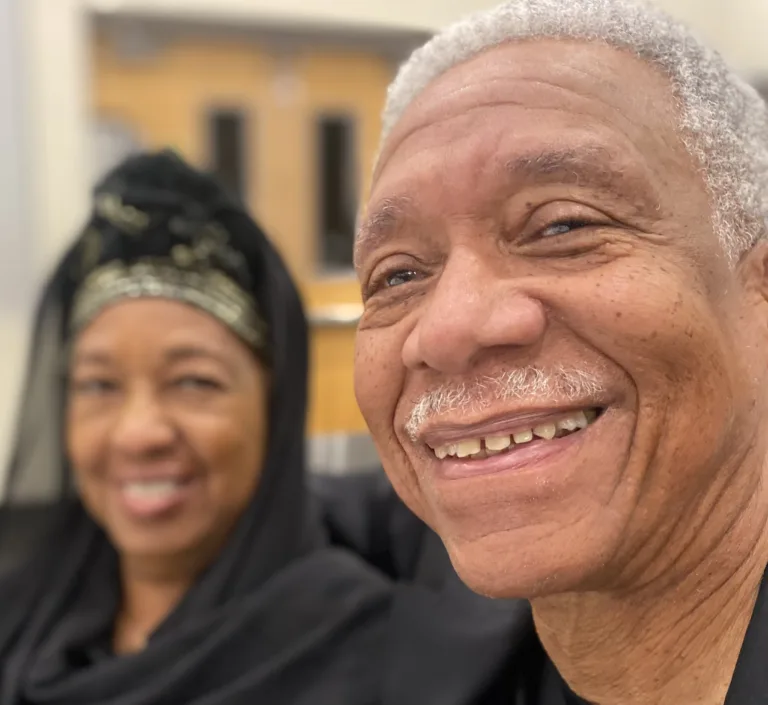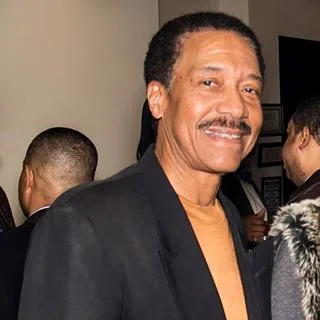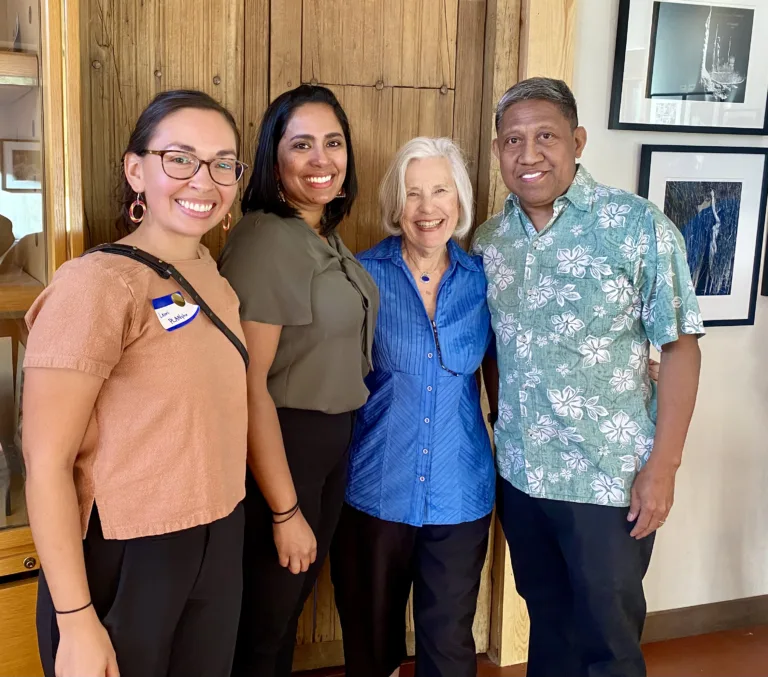Recognizing and repenting… a “Faith Matters” article published October 23, 2019
Are you the same person today you were yesterday? Will you be the same person tomorrow?
On Yom Kippur, the Day of Atonement, Jews across the globe gather together to repent for our sins — both to God and man— reflecting on our misdeeds and seeking forgiveness. We request absolution from friends and neighbors whom we may have wronged. We humble ourselves before the Lord in the hopes that we may merit another year of God’s blessing.
Yom Kippur begins with the Kol Nidre service, a formal annulment of any vows made to God during the past year. I am always moved by the language of this ceremony, which begins, “By the authority of the Court on High and by the authority of the court down here, by the permission of One Who Is Everywhere and by the permission of this congregation, we hold it lawful to pray with sinners.”
This should not be read as a judgment of our fellow congregants; rather, it is a judgment of ourselves, a recognition that we are all sinners and must all seek atonement.
Atonement does not come from saying “sorry.” Atonement is when we truly reflect upon our misdeeds, understand their effect and actively work to stop these behaviors. True teshuva, or repentance, is transformational. It is a process of abandoning poor behaviors and taking upon ourselves better ones, thereby improving ourselves. We grant permission to pray together as sinners in the hopes that we will leave the service better people, different people than the ones who arrived, having literally transformed ourselves.
We fast, we pray and we feel the weight of God’s judgment and our own. On Yom Kippur, we collectively pause to reflect on our past actions and the phenomenon of our ability to do teshuva (repent). On this day, we vow to do better, to become better.
Yom Kippur provides each of us the opportunity to do an honest reckoning of our actions. Staring into the abyss, we contemplate the moments in which we feel uncomfortable about our behavior, learning from these mistakes so we do not repeat them. Discomfort is a warning sign that we are heading down a wrong path, emotionally or spiritually, and not being true to ourselves. This discomfort is a physical manifestation of emotional, spiritual or psychological concerns. It is critical that we listen to these warnings, even if only in retrospect, so next time we go down a different path.
Mistakes and failures lead to growth, but only if we allow ourselves to learn from them. Each of our misdeeds should not be viewed as a list of shame or recriminations but as opportunities for self-improvement. Proverbs 24:16 states, “A righteous man falls seven times but rises again.” Rabbi Yitzhak Hunter explains fools believe this teaches us that despite falling seven times, a righteous man will rise; the knowledgeable understand that the essence of the righteous man’s rising is because of the previous falls. Failure is inevitable, but only through acknowledging it and learning from it can we grow into a better version of ourselves.
Becoming better is simple within moments of peace, reflection, and prayer. It is easy to vow to behave differently. Whether we transform that vow into action is the true process of teshuva and determines if next year we stand together as sinners.
How we respond to the stresses of daily life, how we interact with others during moments of tension determines if we have truly transformed ourselves.
Are we short-tempered? Do we shout? Or have we found the patience to smile and say “please” and “thank you”?
This Yom Kippur, let us work toward true teshuva, striving to be our best selves. We will not get it right every time but next year, when we stand together again as sinners, I hope it is for different sins, as different people than who we are today.
Karolyn Benger is an AZIFM Council member for Judaism and former ED of the Jewish Community Relations Council in Phoenix.


Faith Matters
Karolyn Benger Guest columnist
PART OF THE USA TODAY NETWORK Copyright © 2019 The Arizona Republic 11/4/2019

